Planning for dramatic price changes was a significant problem before the Trump administration imposed tariffs on steel and other products used in construction. The question has come to the fore with headline grabbing trade wars but for the construction industry, the effect of unpredictable cost increases impacts both ongoing projects and the negotiation of future projects.
In this article we advocate the inclusion of an express contractual provision allocating the risk of dramatic cost escalation to eliminate uncertainty because in most cases the contract will control the allocation of this risk. Absent an express provision treating these cost increases differently, the contractor will bear the risk of cost increases and decreases in fixed price contracts and cost plus contracts with a guaranteed maximum. A prudent contractor will take one or more of the following steps to mitigate this risk: pass the risk on to its subcontractors, incorporate significant allowances, and/or build a significant contingency into the contract price. If the risk is borne by the contractor or trade contractors, they will either incorporate that risk into their price — which may result in higher price contracts regardless of whether prices escalate — or potentially cut corners or default on performance.
This post examines the variety of arguments that have been advanced to deal with unanticipated cost escalation in the absence of a specific provision. As we show, none of the creative arguments for shifting the risk are likely to provide relief. Therefore, regardless of the project delivery method, we believe it is in everyone’s best interest to address price escalation explicitly. However, none of the standard form contracts, AIA, ConsensusDocs, or EJCDC, contain an express provision.
Who Bears The Risk of Cost Escalation?
Who bears the risk of cost escalation? What is the best way to mitigate this risk? Is there any relief if the contract is silent?
First Rule — Pacta Sunt Servanda
The first, and in most cases the only, place to determine who bears the risk is the contract between the parties. Absent some statutory or common law doctrine affecting the rights of the parties to negotiate the terms of their relationship, the contract agreement will be enforced. The contract is the law between the parties.
The contract’s pricing mechanism is the obvious place to start this analysis. If the contract is for a lump sum or cost plus subject to a guaranteed maximum price, the contractor will bear the risk of price escalation absent some ability to effect a change. The first question then is whether there is an express cost escalation clause. As previously stated, none of the standard form contracts contain an express provision. In the absence of an express price escalation clause, do any of the other standard contract clauses provide potential relief? The most obvious suspects are the changes clause, the termination clause, the unforeseen conditions clause, and the force majeur clause.
Changes Clause
Is it too obvious to say that the changes clause should be the starting point for any desired change in the price? Unfortunately, the changes clause provides no relief. In AIA A201, the changes clause provides a mechanism for adjusting the time or amount of the contract for changes in the Work. The term “Work” is defined by the contract as labor, materials, equipment, and services. There is nothing in the definition of Work or the changes clause itself that offers relief for price escalations.
Termination Clause
Under the standard termination clauses, the contractor is typically entitled to terminate the contract only when the Owner suspends the work, fails to make payments, or fails to provide sufficient evidence of the ability to pay. The contractor is able to terminate the contract if the government requires all work to stop or some other act of the government that “requires all Work to be stopped.” Arguments that sharp cost escalation has the practical effect of stopping the work will not provide relief.
Force Majeur
Perhaps the most logical place to find relief is in the force majeur clause, present in all standard form contracts. The idea is that a contractor should be afforded some form of relief for impacts to the performance outside its control. None of the standard force majeur clauses, however, use language that are likely to provide relief. AIA A201 allows a change order for unforeseen “physical conditions.” In addition, time extentions may be available for causes outside the contractor’s control but a price escalation without an accompanying inability or delay in obtaining the materials will not provide relief. In summary, in the absence of a cost plus contract or allowances in a capped price contract, the risk will be borne entirely by the contractor unless there is an express escalation provision.
“[G]overnment policies which do not prevent performance but merely make performance unprofitable are not the sort of government policies referred to in a typical force majeur clause.” Seaboard Lumber Co. v. U.S., 41 Fed Cl. 401, 416 (1998). In Langham-Hill Petroleum v. Southern Fuels Co., 813 F.2d 1327 (4th Cir. 1987), the defendant argued that a dramatic drop in the price of oil caused by action taken by Saudi Arabia excused its performance. The court rejected that argument, holding that a “[s]hortage of cash or inability to buy at a remunerative price cannot be regarded as a contingency beyond the seller’s control.” Likewise, in Coker Int’l, Inc. v. Burlington Indus., Inc., 747 F.Supp. 1168, 1170 (D.S.C., 1990), the court held that “[t]he force majeure clause applies to objective events which directly affect the parties’ ability to perform the contract in question, not the ability to make a profit.” Numerous cases from a variety of jurisdictions reach the same result. See, e.g., Kyocera Corp. v. Hemlock Semiconductor, LLC, 313 Mich. App. 437, 453-454 (2015)(citing numerous cases).
Second Option — Legal Excuses for Relief
Mistake
Under North Carolina law, a contract can be rescinded based upon a mutual mistake of fact. “A unilateral mistake . . . is not sufficient to avoid a contract.” Marriott Financial Services v. Capitol Funds, 228 N.C. 122, 136 (1975). However, “[a] mutual mistake sufficient to justify rescission is defined as a mistake common to both parties and concerns a material past or presently existing fact, such that there is no meeting of the minds. . . . A ‘party’s prediction, or judgment as to events to occur in the future, even if erroneous is not a mistake.’” Landmark, LLC v. Wells Fargo Bank, N.A., 978 F. Supp. 2d 552, 569 (W.D.N.C. 2013). Although a contract can be set aside based upon a showing of mutual mistake, a contractor seeking relief from onerous price escalation is unlikely to find relief here.
Impossibility / Frustration of Purpose
Likewise, the doctrines of impossibility and frustration of purpose provide no relief when price escalation makes the contract unprofitable even where the costs may be ruinous to the contractor. The doctrine of impossibility “applies when the purpose of a contract is somehow frustrated such that no one could perform under it, not just the current parties: ‘Impossibility of performance is recognized in this jurisdiction as excusing a party from performing under an executory contract if the subject matter of the contract is destroyed without fault of the party seeking to be excused from performance.’ Brenner v. Little Red School House, Ltd., 302 N.C. 207, 210, 274 S.E.2d 206, 209 (1981). See also Steamboat Co. v. Transportation Co., 166 N.C. 582, 82 S.E. 956 (1914) (applying doctrine to contract between ship owner and party leasing it for ferrying purposes when ship was destroyed by fire through no fault of parties); Barnes v. Ford Motor Co., 95 N.C.App. 367, 382 S.E.2d 842 (1989) (affirming trial court’s instruction on doctrine of impossibility where subject matter of lease, a tractor, was destroyed).” WRI/Raleigh, L.P. v. Shaikh, 183 N.C. App. 249, 253, 644 S.E.2d 245, 247 (2007).
Frustration of purpose is a doctrine that provides relief “whenever a fortuitous event supervenes to cause a failure of the consideration or a practically total destruction of the expected value of the performance. The doctrine of commercial frustration is based upon the fundamental premise of giving relief in a situation where the parties could not reasonably have protected themselves by the terms of the contract against contingencies which later arose.” WRI/Raleigh, L.P. v. Shaikh, 183 N.C. App. 249, 254, 644 S.E.2d 245, 248 (2007). However, “[i]f the frustrating event was reasonably foreseeable, the doctrine of frustration is not a defense. In addition, if the parties have contracted in reference to the allocation of the risk involved in the frustrating event, they may not invoke the doctrine of frustration to escape their obligations. Brenner v. Little Red Sch. House, Ltd., 302 N.C. 207, 211, 274 S.E.2d 206, 209 (1981).
By definition, a construction contract based upon a fixed price or guaranteed maximum price is a contract where the parties have allocated the risk of price escalation to the contractor. Although it could be argued that a government tariff or trade war was not within the contemplation of the parties, it cannot be said that the contractor could not have protected itself through contingencies or an express price escalation clause.
Commercial Impracticability
The common law defense — as opposed to the UCC defense discussed below — provides that performance can be avoided if the contractor can show: “(i) a supervening event made performance impracticable; (ii) the non-occurrence of the event was a basic assumption upon which the contract was based; (iii) the occurrence of the event was not Seaboard’s fault; and (iv) Seaboard did not assume the risk of occurrence. *1295 See Winstar Corp., 518 U.S. at 904–10, 116 S.Ct. 2432. Seaboard Lumber Co. v. United States, 308 F.3d 1283, 1294–95 (Fed. Cir. 2002). It is not difficult to show impracticability and that the event was not the contractor’s fault but the other two elements have prevented many claimants from obtaining relief.
Although it may be possible to overcome both of these hurdles, the entry into a fixed price contract without a price escalation clause or some other form of express relief makes this a difficult doctrine to apply. As the Seaboard Court put it, “[I]f [the risk] was foreseeable there should have been a provision for it in the contract, and the absence of such a provision gives rise to the inference that the risk was assumed.” Id. at 1295. If the risk was not foreseeable then it cannot be said that it was a basic assumption of the contract. If the risk was foreseeable, the absence of a provision providing relief implies an assumption of that risk by the contractor.
In spite of the inherent difficulty, this doctrine is the most promising in the absence of a contractual provision. As stated in Comment (d) to the Restatement (Second) of Contracts § 261: “A mere change in the degree of difficulty or expense due to such causes as increased wages, price of raw materials, or costs of construction, unless well beyond the normal range, does not amount to impracticability since it is the sort of risk that a fixed-price contract is intended to cover.”
Option Three — Statutory Relief
The Uniform Commercial Code
The Uniform Commercial Code applies to contracts for the sale of goods, so this discussion is probably applicable only to the materials suppliers but it is important to note that a material supplier may have relief from its contract that is not available to others in the contract chain. N.C.Gen. Stat. §25-2-615 provides that “(a) Delay in delivery or nondelivery in whole or in part by a seller is not a breach of his duty under a contract for sale if performance as agreed has been made impracticable by the occurrence of a contingency the nonoccurrence of which was a basic assumption on which the contract was made.”
The official comments include the following: “Increased cost alone does not excuse performance unless the rise in cost is due to some unforeseen contingency which alters the essential nature of the performance. Neither is a rise or a collapse in the market itself a justification, for that is exactly the type of business risk which business contracts made at fixed prices are intended to cover. But a severe shortage of raw materials or of supplies due to a contingency such as war, embargo, local crop failure, unforeseen shutdown of major sources of supply or the like, which either causes a marked increase in cost or altogether prevents the seller from securing supplies necessary to his performance, is within the contemplation of this section.?
Federal Acquisition Regulations
Subpart 16.2 of the Federal Acquisition Regulations (“FAR”) proscribes regulation of federal government fixed price contracts. The FAR distinguish between firm-fixed-price contracts and fixed-price with economic adjustment contracts. The former category is “not subject to any adjustment on the basis of the contractor’s cost experience.” FAR § 16.202-1. Needless to say, this type of contract should be avoided unless there is a significant contingency built into the fixed price.
A fixed-price contract with economic price adjustment may be used when: (i) there is serious doubt concerning the stability of market or labor conditions that will exist during an extended period of contract performance, and (ii) contingencies that would otherwise be included in the contract can be identified and covered separately in the contract.” FAR § 16.203-2. “Price adjustments based upon labor and material costs should be limited to contingencies beyond the contractor’s control.” Id.
Best Option — Use An Express Escalation Clause
Even in the face of extreme price escalation caused by factors that could not be reasonably anticipated, the only certain way for a contractor to protect itself is through an express contract provision. So, what does a good escalation clause look like? Here is one example:
“Owner agrees to the amounts and to payment on the terms set forth above in the “Contract Price.” The Contract Price shall not change for the Term of this Agreement, except (a) in the event of changes authorized pursuant to other provisions in this Agreement; and/or (b) in instances where raw materials or component costs increase in an amount greater than percent ( %) of the Contract Price. In the later situation, the Contractor shall be entitled an escalation of raw material or component costs which shall be passed through to the Owner. No price change shall be effective unless the Contractor gives notice to the Owner of such a price change at least ( ) days prior to the effective date of the price change. In the case of a percent ( %) or greater increase, the Contract Price shall be increased proportionately to reflect the entire increase in the cost of raw materials or component costs. The Owner agrees to pay these escalated costs consistent with the terms above. To qualify for such reimbursement, the Contractor will be required to maintain accurate records of costs and quantities of materials consumed and shall file a written claim presenting all required data for determining the amount of reimbursement.”



